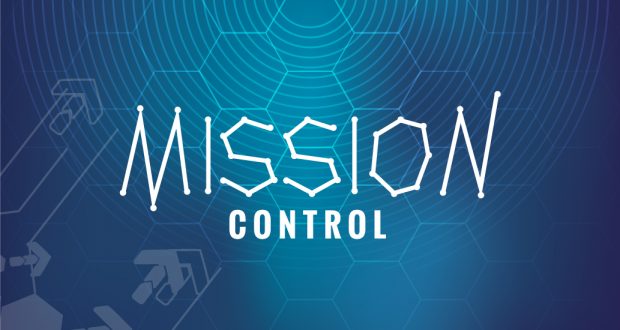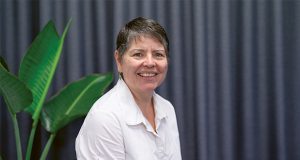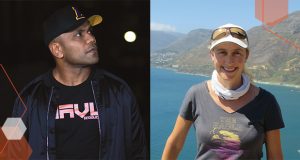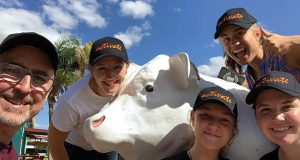Over the course of 2019 we have been unpacking a simple mission framework in this column. The framework is represented by four words: Know, Notice, Discern, Act. In this edition we consider the final component: Act.
At the end of the day, mission involves action. Whether it’s proclamation, serving, hospitality, talking, listening, advocating, encouraging, celebrating, lamenting, building, giving, teaching, sharing or any number of other things.
We’ve talked this year about the importance of knowing (and being known by) God, about noticing or paying attention, about discerning or figuring out how we can act … but in the end we need to put on our boots, roll up our sleeves and actually get to work.
As we do so, a classic action/reflection cycle can be helpful. As we serve, witness, love and protect we constantly reflect on what we’re seeing, what outcomes we’re noticing, what challenges, changes or opportunities are present. In doing so we’re continuing to know, notice and discern … even as we act.
If we don’t ever get to the point of acting, we’re like the person referred to in James 2:14. We might claim to have faith, but if it’s not backed by deeds, by evidence, by action, can we truly be disciples? Can we truly say we’ve joined God in mission?
On the flip-side, and in some ways the point of this whole series, is that if our action is not founded in our discipleship, in paying attention to what’s going on around us, and in discerning or figuring out our part, then we risk not aligning with God’s love for the world, God’s call on our lives and God’s action in our neighbourhoods.
We are currently involved in a whole-of-church act of knowing, noticing and discerning that we call Project Plenty. Taking the time to talk and listen to one another and to God about our church’s place in the world is vital.
In the end though, the point of Project Plenty is to help us remind ourselves in the years ahead how we are to act, how we are to join in God’s mission, how we are to live into the commitments to which our Basis of Union calls us—to worship, to witness, to serve, to be a pledge and foretaste of the reconciliation and renewal of all things.
Let me wrap up this four-part series with a few observations.
First, the mission framework of “Know, Notice, Discern, Act” that I’ve proposed is not a neatly linear model that we work through from start to finish. As we notice, we are already discerning. As we discern, we learn more about God. As we act, we notice more about our neighbours. It’s cyclical and entwined.
Second, and to go back to where we began, mission is underpinned by discipleship. They’re two sides of the same coin and essentially inseparable. One without the other is to my mind not only incomplete but inconceivable.
And finally, this mission framework can work for us collectively (as we think about our local congregation or our whole Uniting Church) and individually or at a family level. Let me invite you to put that into practice, to ask the core questions for yourself, for your family and for your church.
What’s your experience of knowing God?
What are you noticing in your neighbourhood or network?
What do you have to offer?
And then get to work. It’s time to act.
Scott Guyatt is the Queensland Synod’s Director of Mission Strategy.
 JourneyOnline
JourneyOnline







